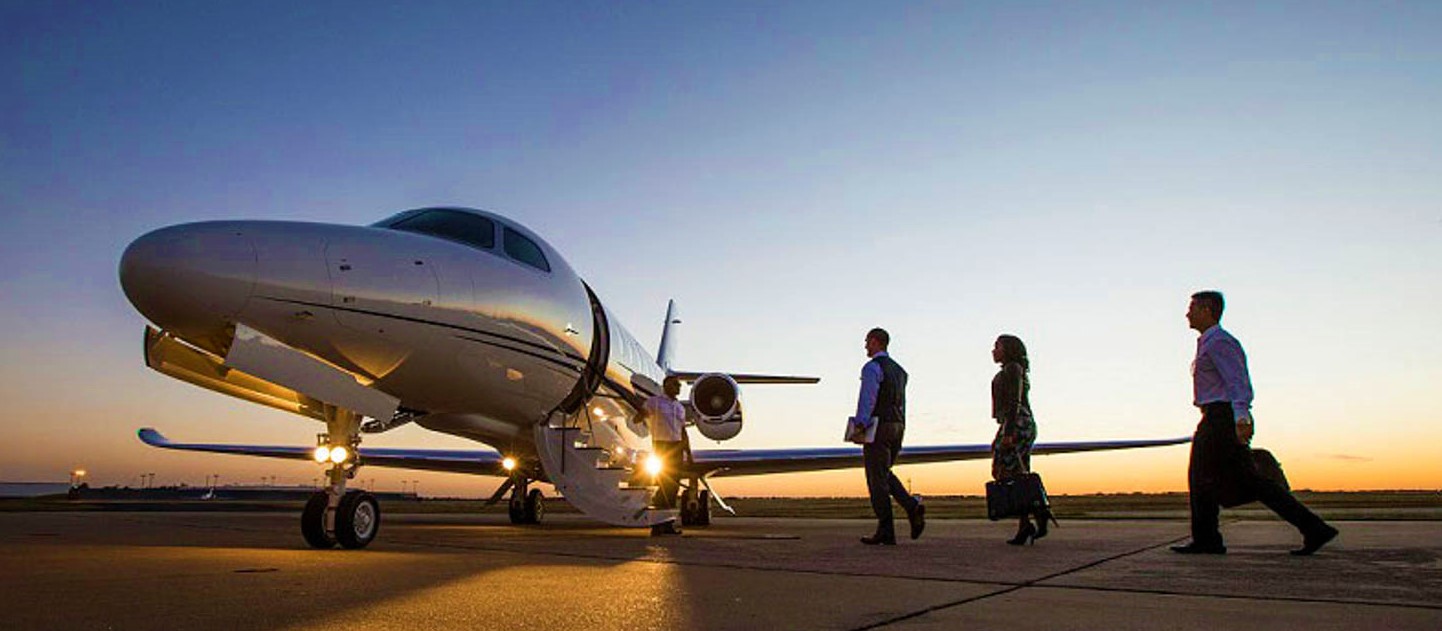


Move is to Curb Carbon Foot print of Aviation , What about Corporate Jets ?
Europe is waking upto the 'Climate Change' efforts, latest among them is 'Carbon Tax' on aviation fuel of commercial Aviation or Airlines, that will ultimately be the part of the ticket price.
The European commission has proposed to apply a minimum tax rate for aviation fuels across Europe, as it braces to tackle the climate change by reducing the carbon foot print.
The draft of the European Commission’s tax proposal takes a dig at commercial aviation sector, on which EU fuel taxes does not apply at the moment.
The proposal aims to impose an EU-wide minimum level of tax on energy products supplied as aircraft fuel for flights within the EU.
From the year 2023, the minimum tax rate for aviation fuel would start at zero and increase gradually over a 10-year period, until the full rate is imposed.
The exemption is Corporate Jets or "business aviation", that is not used for public charter. Additionally "pleasure" flights for "personal " use flights will also be not taxed under new regime.
However, the minimum EU tax rate would not apply to cargo-only flights or to “pleasure flights” and “business aviation” – a term that covers executive jets.
Proposal is still Open for Member states' Discretion on Corporate Jets !
While European commission will not include "business aviation" in the scope of the fuel tax, member states can have the discretion, it will be open to member states to choose to tax those flights’ fuel on their own.
Reuters says,
"The commission’s move is part of an overhaul of EU energy taxation to meet a target to reduce EU greenhouse gas emissions by 55 per cent from 1990 levels by 2030. The levy on aviation fuel is part of a package of measures that will be unveiled on Wednesday."
Political Will required !
As per Irish times, Introducing the proposals could be politically difficult. Changes to EU tax rates require unanimous approval from the 27 EU countries, meaning a single state could veto them.
EU member states will be responsible for setting their national taxes, however EC can only set EU-wide minimum rates.
The levies would be based on a fuel’s energy content and environmental performance, meaning polluting fuels would become pricier.
The aim is to encourage airlines to start switching to sustainable fuels, such as e-kerosene, to curb greenhouse gas emissions. Uptake of such fuels has been hampered by high costs, and they make up less than 1 per cent of Europe’s jet fuel consumption.
